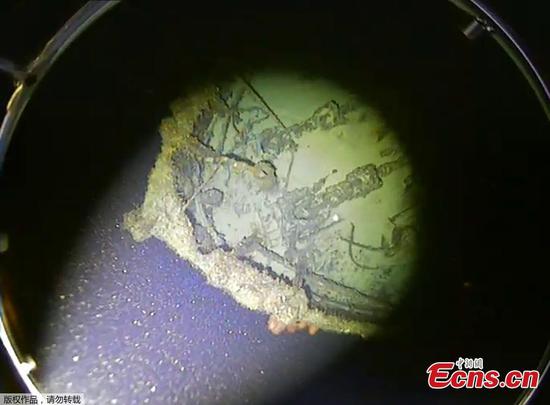An international team of researchers have found a key protein that could be the "Achilles' heel" of pancreatic cancer, providing insights on possible new treatment and early diagnosis of the deadly disease.
Patients with early stage of pancreatic cancer often shows no symptoms, leading to late diagnosis after cancer cells have spread through the body.
They often responds poorly to chemotherapy as pancreatic cancer cells are encased in a "protective shield" of dense tissue called stroma.
In the microenvironment within stroma, pancreatic stellate cells (PSCs) are a major type of cells. PSCs can interact with pancreatic cancer cells and lead to progression and metastasis of the disease.
On the British journal Nature, researchers from China's Southern University of Science and Technology, Salk Institute in the United Sates and other research institutions reported that activated PSCs secrete a protein called LIF which sends signals to cancer cells to drive pancreatic cancer development and progressions.
Previous studies showed that pancreatic cancer gets worse if PSCs are killed. Therefore, rather than destroying PSCs, the researchers want to stop them from delivering signals to cancer cells.
After blocking LIF function in mice with pancreatic cancer, the researchers found that progression of the disease slowed down and the mice showed stronger responses to chemotherapy drugs used in treating human pancreatic cancer.
Meanwhile, high levels of LIF were also detected in tumor tissue and blood from pancreatic cancer patients, suggesting that LIF may be used as a biomarker to make a more quick and efficient diagnosis of the disease.
LIF, which usually vanishes in adults, is an important factor that helps stem cells maintain their developmental potential during the embryonic period.
According to the researchers, a Canadian company has launched a clinical trial based on their findings, testing the effect of treatment that blocks LIF from signaling in advanced pancreatic cancer and other types of cancer.
Further studies will also to be carried out in several Chinese hospitals, testing whether LIF could be used as a biomarker for diagnosing pancreatic cancer at an early stage.
Pancreatic cancer is one of the few cancers for which survival has not improved substantially for more than 40 years.
It has the highest mortality rate of all major cancers. Statistics shows that for all stages combined, about 91 percent of pancreatic cancer patients will die within five years of diagnosis.

















































